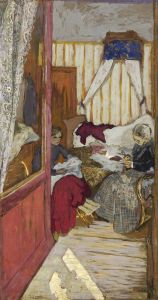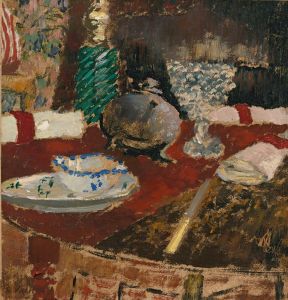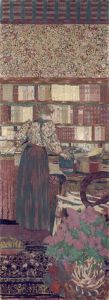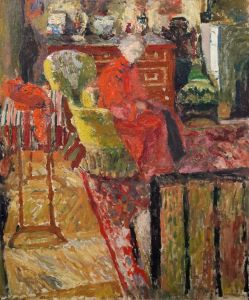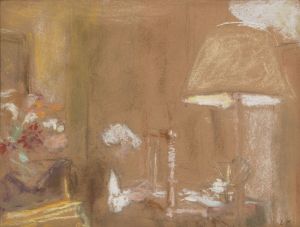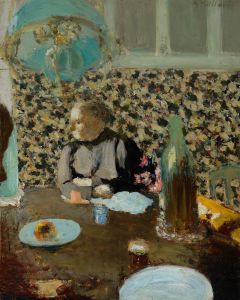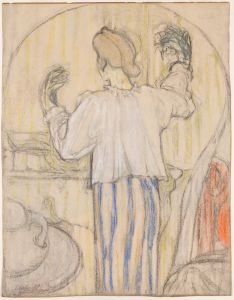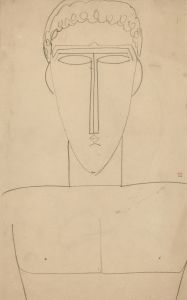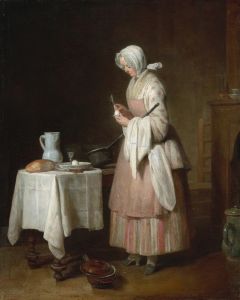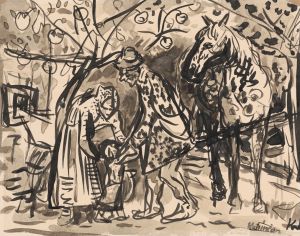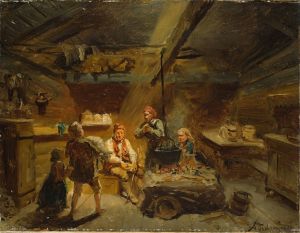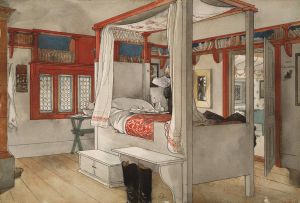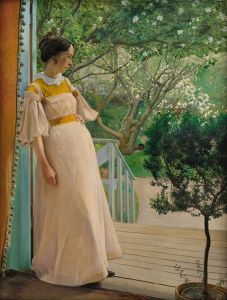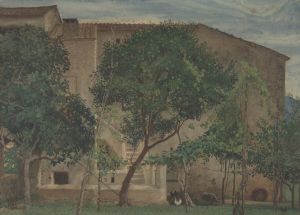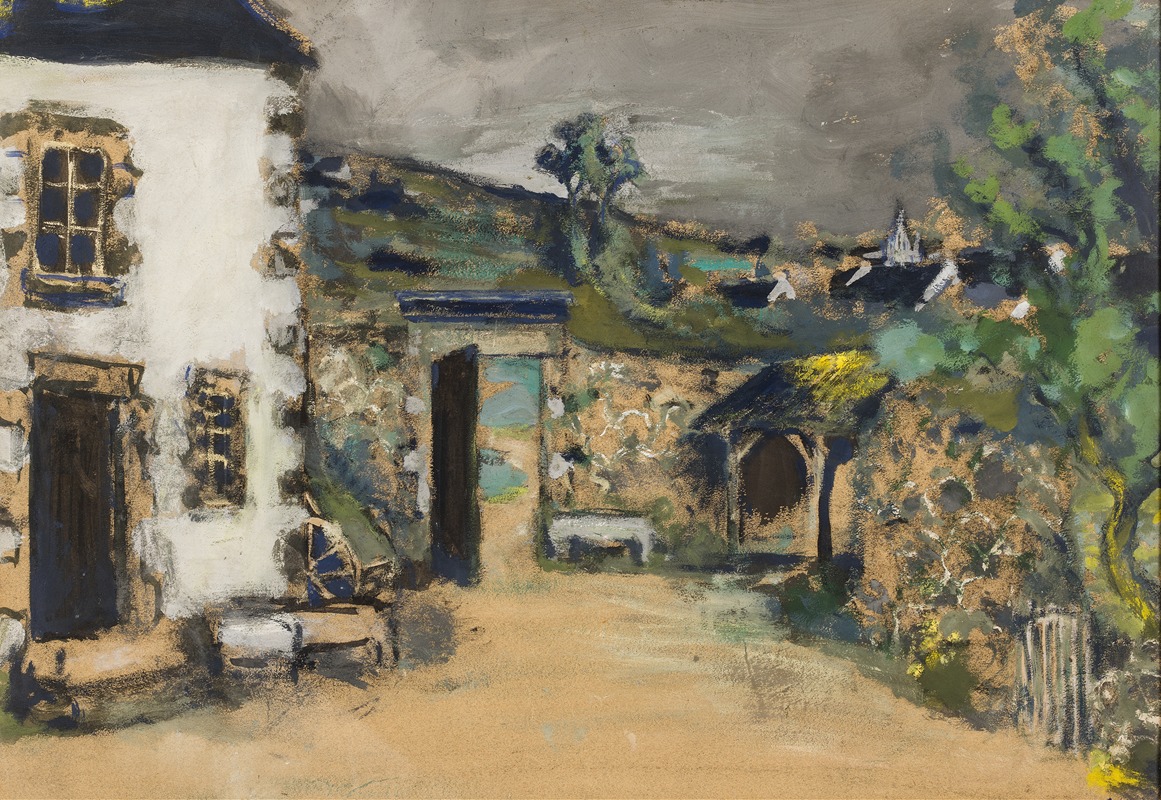
The Farmhouse
A hand-painted replica of Édouard Vuillard’s masterpiece The Farmhouse, meticulously crafted by professional artists to capture the true essence of the original. Each piece is created with museum-quality canvas and rare mineral pigments, carefully painted by experienced artists with delicate brushstrokes and rich, layered colors to perfectly recreate the texture of the original artwork. Unlike machine-printed reproductions, this hand-painted version brings the painting to life, infused with the artist’s emotions and skill in every stroke. Whether for personal collection or home decoration, it instantly elevates the artistic atmosphere of any space.
Édouard Vuillard, a prominent French painter associated with the Nabi movement, created "The Farmhouse" during a period when he was deeply engaged with the exploration of intimate domestic interiors and the subtle interplay of color and pattern. Vuillard, born in 1868, was known for his unique ability to capture the essence of everyday life through his art, often focusing on the private and domestic spheres.
"The Farmhouse" is a testament to Vuillard's distinctive style, characterized by its rich textures and muted color palette. Although specific details about the creation date of "The Farmhouse" are not widely documented, it is consistent with Vuillard's work from the late 19th to early 20th century, a time when he was actively involved with the Nabis, a group of avant-garde artists who sought to break away from traditional artistic conventions.
Vuillard's work often blurs the line between interior and exterior spaces, and "The Farmhouse" is no exception. The painting likely depicts a rural scene, capturing the tranquility and simplicity of country life. Vuillard's use of color and composition in this piece reflects his interest in the decorative arts and his ability to create a sense of harmony and balance within his works. The brushwork is typically soft and the forms are often indistinct, inviting viewers to engage with the painting on a more emotional and intuitive level.
The Nabis, including Vuillard, were heavily influenced by the Symbolist movement and Japanese prints, which is evident in the flatness and decorative quality of "The Farmhouse." Vuillard's approach often involved a synthesis of observation and memory, creating scenes that feel both familiar and dreamlike. This technique allows viewers to project their own experiences and emotions onto the painting, making it a deeply personal piece.
Vuillard's mother, a dressmaker, played a significant role in his life and work, often serving as a subject in his paintings. While "The Farmhouse" does not explicitly feature her, the domestic themes and attention to detail in the depiction of everyday life can be seen as a tribute to her influence. Vuillard's ability to capture the essence of domesticity and the subtleties of human interaction is a hallmark of his work.
Throughout his career, Vuillard remained committed to exploring the nuances of color and light, often working in a small format that allowed for an intimate connection between the viewer and the painting. "The Farmhouse" exemplifies this approach, drawing the viewer into a serene world where the ordinary is imbued with beauty and significance.
Vuillard's legacy as a painter is marked by his contribution to the development of modern art, particularly through his innovative use of color and pattern. "The Farmhouse" stands as a representation of his artistic philosophy, emphasizing the importance of personal experience and emotional resonance in art. As with many of Vuillard's works, the painting invites contemplation and reflection, offering a glimpse into the quiet beauty of everyday life.





